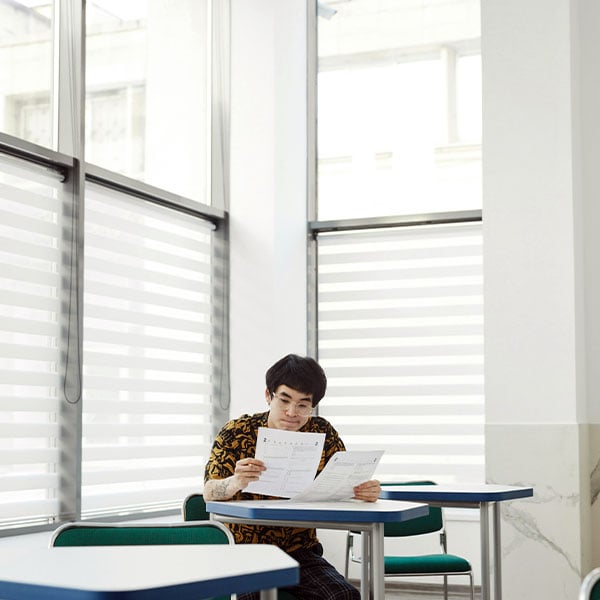Society treats boys and girls differently. Even before birth, you get blue cakes or pink cakes as part of the gender reveal, before moving on to different toys and different types of hobbies.
But what about when children enter school? Do educators subconsciously treat boys differently from girls, and perceive their behaviour differently?
Enter the Class Clown
A rather fascinating study tracked 278 young students for three years to see how their behaviour was interpreted by their teachers, themselves and their peers. In the first year of school, boys who were ‘playful’ were likely to be labelled as the ‘class clown’ by their teacher. Interestingly, this label was not assigned to the playful girls in the group.
To start with, all of these students often perceived their playfulness in a positive light and were very popular with their peers. However, after a few years, things had changed. They were now based on the student’s gender and title:
- As the playful boys had been labelled the class clown, their peers “came to view their associated clowning behaviour as disruptive activities in their classroom”.
- As the playful girls did not have this label, their playful behaviour was not seen as being negative by the rest of the group.
The researchers concluded by stating that “the most startling and alarming finding was that the children themselves – most notably the playful boys – shifted to hold increasingly negative perceptions of themselves. Like their peers, they came to view themselves as unpopular and less socially skilled”. They also said that they “strongly suspect that the cause of such a substantial turnaround is rooted in the eventual influence, exerted by teachers, directly and indirectly, on playful boys’ self-perceptions and those of their classmates”.
Classroom Clowns – What Can Be Done?
The aforementioned study raises some interesting challenges of how to help all of our students. We believe a lot of the answers to this question come from cognitive psychology research. Here are four areas worth considering:
- The Power of High Expectations
Often referred to as The Pygmalion Effect, there is a considerable weight of evidence that shows that students perform better if their teacher has high expectations of them. Crucially, this often refers to having high expectations around behaviour and not just on outcomes. For more tips on utilising the power of high expectations, check out our recent blog on the subject.
- High Quality Feedback
Extensive reviews by John Hattie have found that feedback that relates to the person (i.e. gives them a label) is often less beneficial than feedback that focuses on behaviour. To prompt this, Hattie recommends that good feedback should answer three important questions:
- What do you want to achieve?
- How are you getting on?
- What do you need to do next?
Interestingly, he says this last question is perhaps the most important to drive positive behaviour change
- Use Objective Data
A recent report titled ‘Stereotyped at seven?’ for the Institute of Education looked at over 5,000 students who had similar scores in a range of tests. Their teachers, who did not know their students’ results, were then asked for their perceptions of their students’ abilities. Despite getting the same scores, teachers rated the reading ability of boys and the maths ability of girls to be less likely to be above average.
Crucially, the study found that there is “nothing unusual about teachers in their apparent tendency to stereotype pupils; stereotyping is a universal human process”. By focusing on objective data, it can help remove some of the subjective biases that cloud people’s judgement.
- Use Parents Effectively
A rather nifty study compared how parents praise their sons and daughters over a number of years. They found that parents were much more likely to praise their sons for their processes, whereas their daughters received much more outcome focused praise. Over a five-year period, this then translated into these students having different degrees of a growth mindset. This means that, if schools can help educate parents about the impact that their praise can have on their children, then there are large performance and well-being gains to be had. Here are two of our blogs about parental praise for more information:
Final Thought
It is interesting to reflect on the impact of both our own subconscious biases and how strongly our words are felt by our students. “Boys will be boys” may well be one of the most damaging phrases in education as it is laced with low expectation based on gender bias.
To help our struggling male students (and indeed all our students), here’s what we can do: have high expectations, give high quality feedback, use objective data and tap into the parent network. This may well offer our best bet for helping these students flourish as they progress through school.
If you’re interested in these problematics, you might enjoy these blogs:







